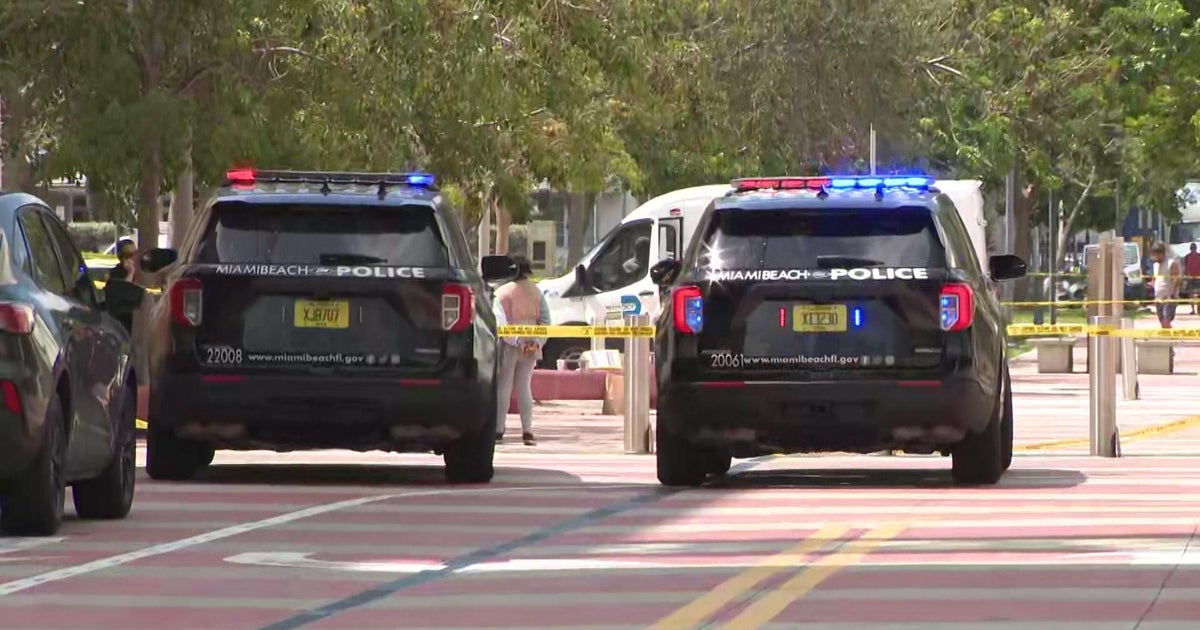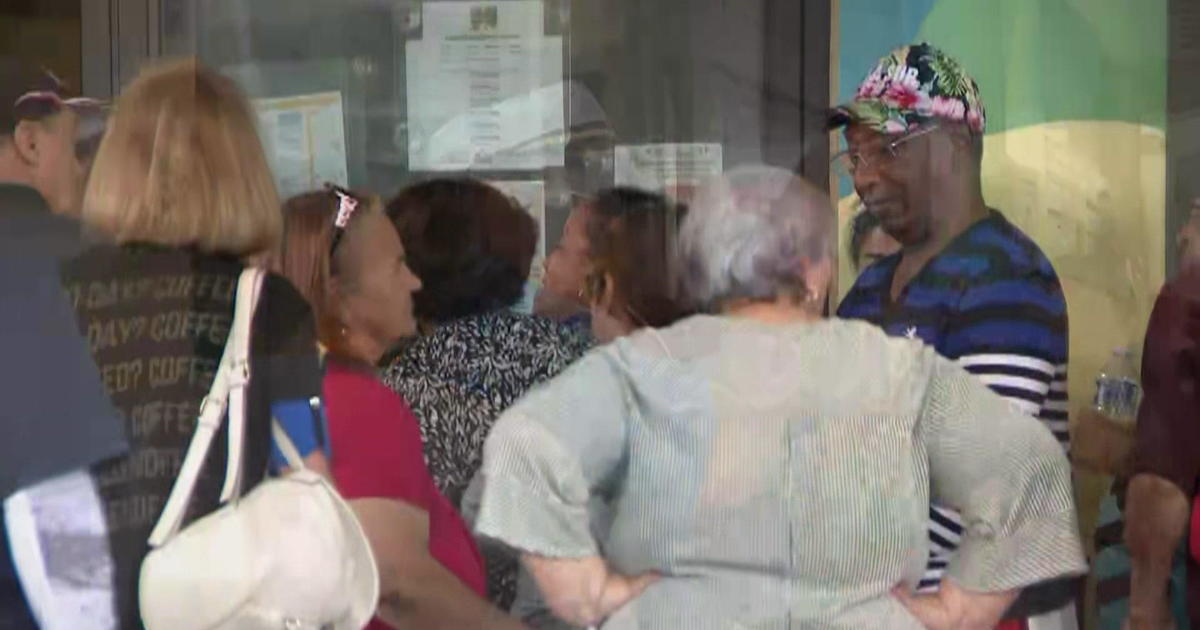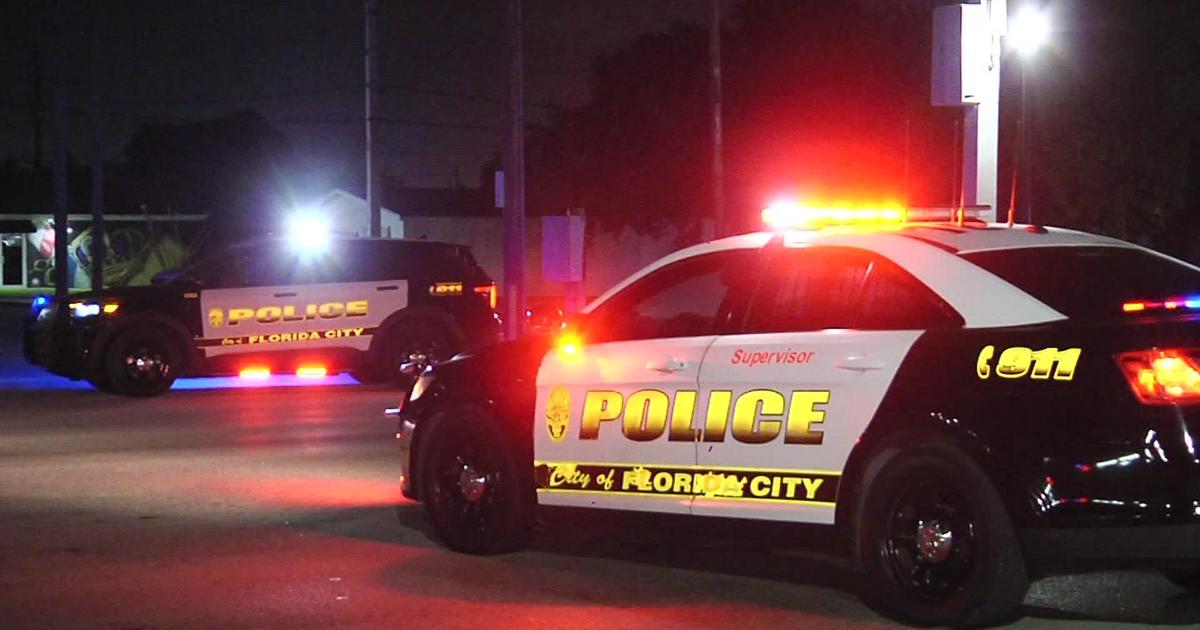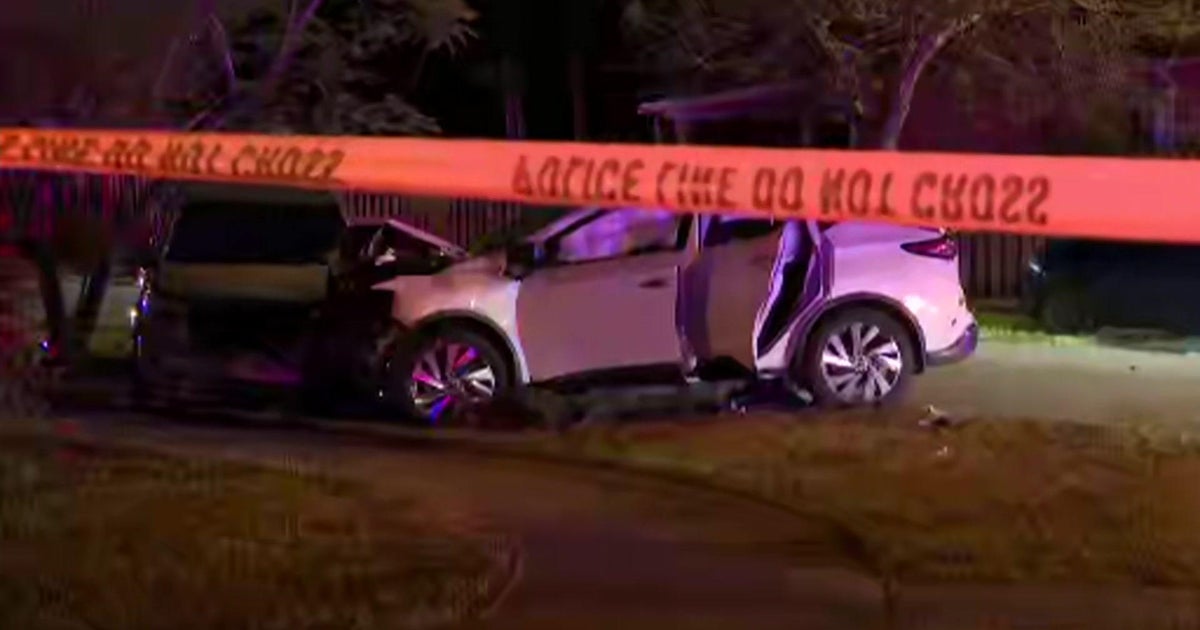Miami-Dade Police Dept. Launches Body Camera Program
Follow CBSMIAMI.COM: Facebook | Twitter
MIAMI (CBSMiami) – After months of debate and controversy, the Miami-Dade Police Department is launching its body camera program.
Starting Monday May 2nd, when you have an encounter with a Miami-Dade officer, chances are they'll be wearing a camera. The Miami-Dade Police Department is one of the largest police departments in the country to implement body cameras, and the largest in Florida.
"I need you, the community to assume, that anytime you encounter an officer during an official matter, that you are being recorded," said MDPD Director Juan Perez at a news conference announcing the rollout.
The first phase of cameras is going to patrol officers and sergeants within the Midwest District and will continue to expand to other MDPD districts. By the end of June 2016, there will be approximately 350 body cameras in use and a goal of 1,000 body cameras in use by the end of September.
The program will cost about $1 million a year, paid for through grants, police impact fees and general fund tax dollars. Mayor Carlos Gimenez told CBS4's Natalia Zea there would be funding to continue the program long-term.
"We're going to keep this program going in perpetuity. Whatever it takes to implement, we obviously have the money to implement it," he said.
Miami-Dade Police Benevolent Association President John Rivera spoke sarcastically about the mayor's promise.
"We don't have the money to give these officers a decent raise but we have all this money for all this technology and in perpetuity. I love that," said Rivera.
He says the union members want body cameras, but he says their four-hour training course is not enough.
"They need to understand the policy real well and then understand how to use the cameras," he added.
Miami-Dade Police Director Juan Perez said the program will help close cases more quickly, will deter wrong-doing by wayward cops and will also help protect officers. Plus, he said, it'll improve police service, increase accountability for individual interactions and enhance public safety.
"No longer will we rely on a five-second video clip captured from somebody's cell phone that captures the back end of an incident," said Perez.
The officers will be required to wear the cameras while on-duty, during official police business but there are many exceptions.
They will be allowed to turn them off under certain conditions, including if they have safety concerns, when gathering intelligence and in sensitive privacy situations.
"What the ACLU wants is the camera rolling 24 hours as the officer's walking, going through hallways, and that's not what we want."
Perez points out that officers will be required to notify a supervisor, though that may be after the camera is turned off.
If you do not want to be recorded, you can ask the officer to shut off the camera, especially in private locations like your home or in a sensitive medical situation, but ultimately it is up to the officer.
You will not be able to view the recorded video during your encounter with an officer. It must be requested through the department.
You will have the right to request the video of your encounter within 90 days, based on public records laws. More sensitive material, involving more serious crimes or open court cases, will be stored for five years, and in some cases longer.
The video will be stored on vendor VieVu's Microsoft cloud server. MDPD top brass, public records assistants and VieVu technicians will have access to the material.
The Miami-Dade Police Department has set up a website for more information about its body camera program. The website was established to help provide information and transparency to the community and media.
Click here to read the official Miami-Dade Police Department body camera policy.
Click here to read more about VieVu, the camera vendor.



